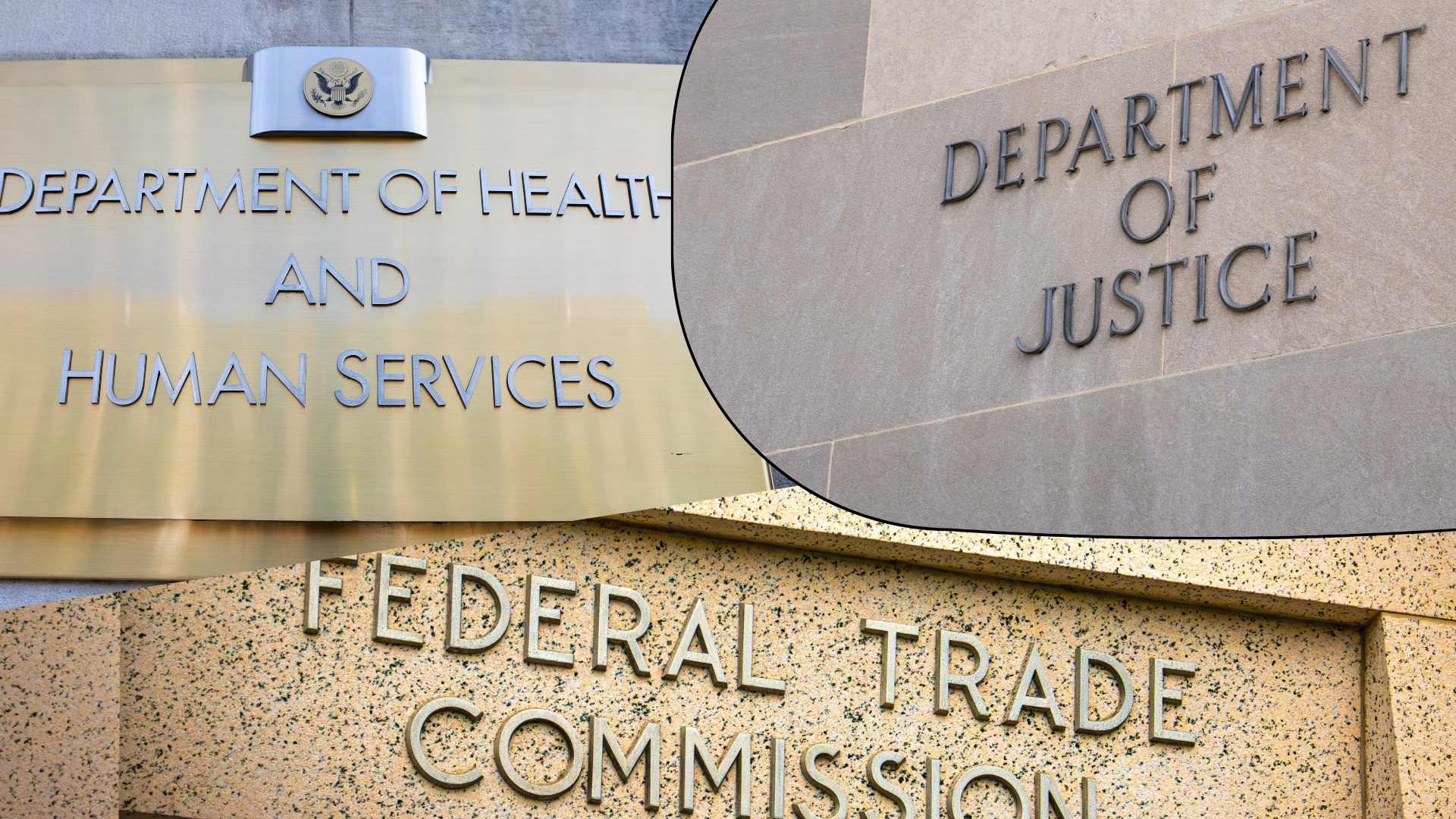
Coalition calls on federal agencies to fight private equity’s healthcare abuses
June 11, 2024
On June 5, over 90 organizations and individuals, representing patients, workers, communities, public interest advocates, and healthcare researchers, called on federal authorities, as part of their review of competition in health care, to take action to curb the abuses of private equity and safeguard the ability of doctors to deliver quality care to all patients and achieve equitable health outcomes.
The Private Equity Stakeholder project was proud to join and coordinate this effort with Americans for Financial Reform and Community Catalyst.
In response to the Request for Information on Consolidation in Healthcare Markets (the “RFI”) from the Department of Justice, Federal Trade Commission, and Department of Health & Human Services (the “Agencies”), the groups proposed solutions to reduce corporate greed in healthcare, and promote fair competition in healthcare in a manner that reduces the incentives and ability of private equity to acquire and squeeze companies without regard to their long-term viability or ability to provide quality care. Those steps include:
- Scrutinize and challenge private equity’s practice of “roll-up” acquisitions, common across health care, as an unfair method of competition that consolidates markets but evades antitrust enforcement.
- New reporting requirements for private equity and real estate investment trusts on ownership of healthcare companies, and requiring states to collect information from Medicaid nursing facilities.
- Adjust incentives in Medicare Advantage by tying payment more securely to quality, as the concept of value-based payment intends, and closely monitoring improper denials of care, so that it does not reward profit seekers such as private equity firms.
- Combat unfair practices by health care entities owned or managed by private equity companies with actions and rules to prevent unfair methods of competition.
- Prosecute health care fraud and cease contracting with private equity firms for healthcare in correctional facilities.
- Use the False Claims Act to prosecute and reverse inflationary billing practices – from unwarranted upcoding, payments to related parties, and other methods – by health care entities owned or managed by private equity companies.
- Forbid private equity-owned companies from providing health care and other services to those incarcerated in the federal prison system and provide incentives for state prison systems to eliminate private equity from their correctional health systems.
- Encourage providers and other staff at health care entities to come forward with allegations of substandard care or improper billing and establish a portal for whistleblowers to report these claims
- Report information in a user-friendly manner to promote transparency
With private equity’s assets under management surpassing $14.7 trillion and its influence in healthcare growing, a swift federal response is essential. The pervasive reach of private equity threatens healthcare accessibility and quality, often prioritizing profit over patient well-being and leading to community hardship and deteriorating care standards.
“The private equity strategies that prioritize wealth extraction stand in stark opposition to the public policy goal of ensuring universal access to quality healthcare,” said Chris Noble, Policy Director at PESP. “To protect vulnerable patients and communities, the federal government must enforce transparency and competition within the healthcare industry and rigorously apply laws against fraud to safeguard taxpayers and public health programs.”
PESP also submitted an individual comment letter to the Agencies expanding on the industry examples found in the coalition’s comments. If you have any questions about PESP’s response to the Agencies’ RFI, please contact Chris at [email protected].
